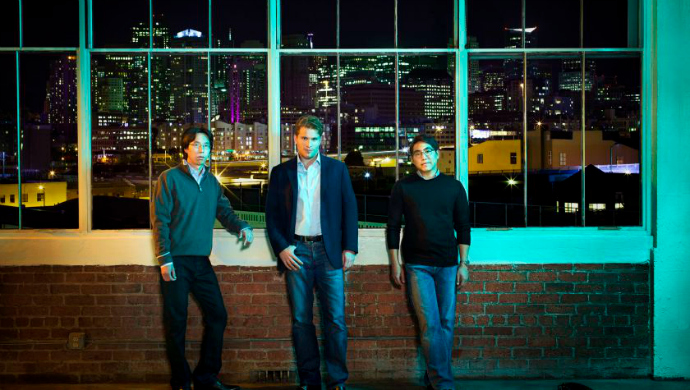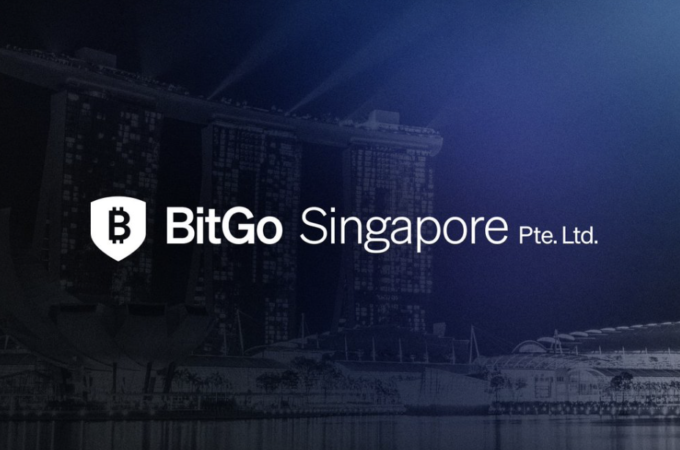
Formation 8 raising US$400M late-stage fund for Asia
E27.CO: A special focus of the fund will be Southeast Asia and South Korea, with the US$400M likely being spread across 10 gigantic investments
In a little development that seems to have flown over the heads of much of the Asian tech community, California-based venture capital firm Formation 8 — most famously known as the backer of Oculus, which Facebook bought for US$2 billion last year — filed at the Securities & Exchange Commission last Thursday to raise a US$400 million fund for late-stage investments in Asia.
This is pretty awesome news for the region — more funding opportunities for late-stage startups are never a bad thing, despite talk of a bubble — and it seems to be especially good news for startups based in South Korea and Southeast Asia, which The New York Times reported (citing a person briefed on the investment) would be a focus for the F8 Asia Growth S.P.V. (the name given to the “special purpose vehicle” under which the fund is being raised).
Also notable, based on what we know so far, is that Formation 8 is expected to spread the funds among five to seven late-stage startups, according to a separate report by Reuters (also citing a source familiar with the firm’s thinking). The Times report differs slightly, pegging the number at “10 or so deals”. This suggests that the VC would be participating in investment syndicates of around US$100 million or more, and perhaps putting in as much as US$50 million of its own cash into each round. It isn’t pulling any punches.
The immediate question that comes to mind is which other venture capital firms in Asia this puts Formation 8 in the same space — and potentially syndications — with. A few off the top of my head include SoftBank (which last year in October lead a US$100 million investment into Indonesian e-commerce startup Tokopedia), Sequoia (which in April led a US$50 million round into Urban Ladder, India’s online furniture store), Rakuten (which we reported at the start of June is raising US$1.5 billion to gobble up more companies), Baidu, Alibaba, Tencent, Infosys, Mediatek, KPCB, Tiger Global, and Vertex. All have done notable deals, but I just listed a few examples.
The strategy for this vehicle is apparently at odds with Formation 8’s general approach in the West, where it invests at earlier stages. With this fund aimed aggressively at Asia, it’s very much moving into growth-stage deals. Do these deals return as well to LPs as the more lucrative returns for getting in on the right startup at seed stage? Probably not. But that hasn’t stopped an increasing number of Asian companies breaking the US$1 billion valuation mark and continuing to raise financing. We reported yesterday that a number of notable Asian investors jumped in on Airbnb’s latest US$1.5 billion funding round at a US$25.5 billion valuation. China’s homegrown Uber competitor Didi Kuaidi is also in the midst of raising up to US$2 billion at a valuation of US$15 billion.
Data from CB Insights, cited by Reuters, points out that Asia has this year drawn 44 funding deals of US$100 million or more, the same number as the United States — Europe saw just 10 over the same period. Chinese smartphone maker Xiaomi (now China’s most valuable tech startup), online retailer Flipkart and lending platform Lufax are all examples of unicorns in this part of the world. There are, of course, a handful of others too. In Southeast Asia, GrabTaxi is almost certainly a unicorn.
For some context, at the end of 2014 Formation 8 really got serious about Asia. We know this because that’s when the firm hired Singapore-based Joel Sng, who has previously invested in Xiaomi, Airbnb and Facebook. He is reportedly responsible for helping the VC’s portfolio companies over in the US make deals with partners in Asia. One of the draws of getting the firm on board as an investor for startups in this part of the world is its ability to connect them to the right people and partners in Silicon Valley.
Interestingly, the VC declined to comment to both Reuters and The Times. Is it trying to fly under the radar for a while? Perhaps. Is there an advantage in keeping the raising of the fund quiet? Again, perhaps. I’m not sure. But what is for sure is that Asia’s tech community should sit up and take note: another player, and one that has already backed South Korea’s online beauty retailer Memebox’s US$29 million round in March, is about to enter the fray in a very serious way.





